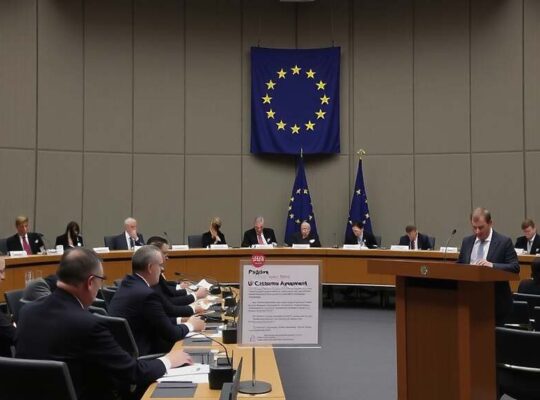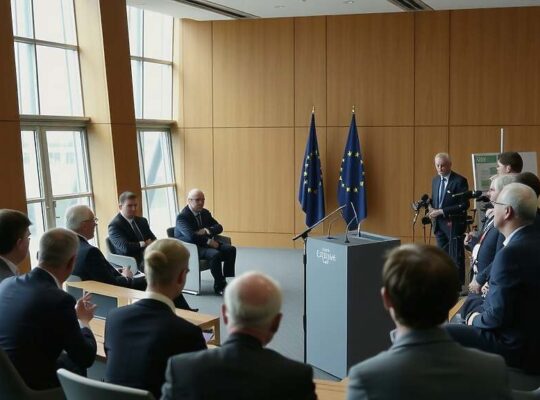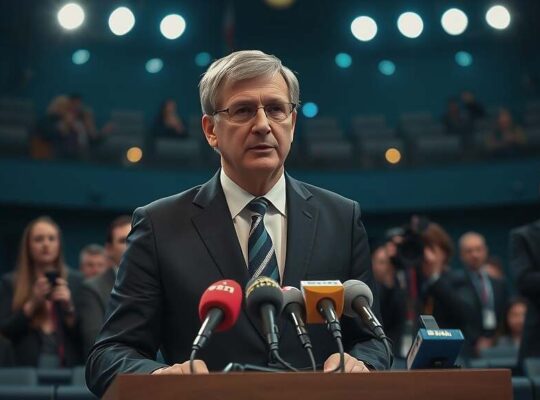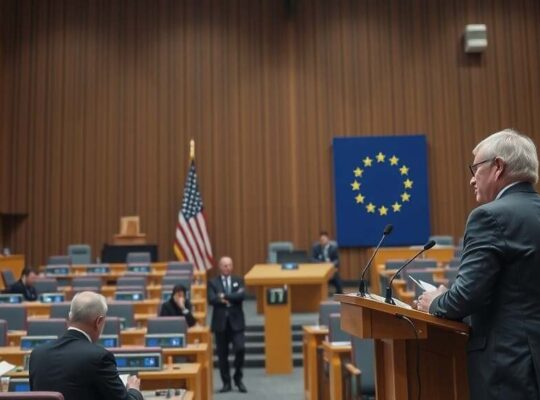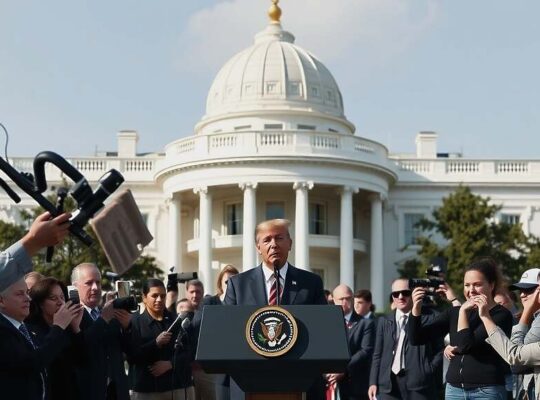Following days of intense negotiations, a ceasefire between Israel and Hamas in the Gaza Strip is slated to take effect Thursday evening, contingent upon ratification of a peace plan championed by former U.S. President Donald Trump. The announcement, released by the office of Israeli Prime Minister Benjamin Netanyahu, marks a potentially significant, albeit fragile, pause in the ongoing conflict.
The plan, unveiled early Thursday by Trump, necessitates the imminent release of all hostages held by Hamas and a subsequent withdrawal of Israeli forces to a pre-agreed line, framing these actions as initial steps towards a “strong, durable and everlasting peace”. This ambitious rhetoric, however, masks a complex and contested landscape, given the history of failed peace initiatives between the two sides and Trump’s controversial approach to the Israeli-Palestinian conflict.
The Israeli Security Cabinet is scheduled to convene at 17:00 local time (16:00 CET) to formally approve the agreement, followed by a broader government session. While the prospect of hostage release, tentatively slated for Sunday or Monday, offers a glimmer of hope for the families involved, the underlying political ramifications are already drawing scrutiny.
Critics argue that the Trump plan, which reportedly includes substantial territorial concessions and economic incentives for both sides, fails to address the core issues driving the conflict, such as the ongoing occupation of Palestinian territories and the blockade of Gaza. Moreover, the resumption of normalcy for Hamas within Gaza, even under a ceasefire, raises concerns amongst some in Israel regarding the group’s continuing ability to rearm and launch future attacks.
The political implications within Israel itself are also noteworthy. Netanyahu’s government, facing increasing domestic pressure and potential electoral defeat, may view the ceasefire as a means of consolidating power and delaying internal challenges. However, hardline elements within the ruling coalition are likely to oppose any perceived weakness towards Hamas, potentially undermining the stability of the agreement.
The success of this ceasefire hinges not only on the immediate release of hostages but also on the long-term commitment of both sides to engage in meaningful dialogue and address the root causes of the conflict – a daunting prospect given the entrenched positions and deep-seated mistrust that characterize the Israeli-Palestinian relationship.



